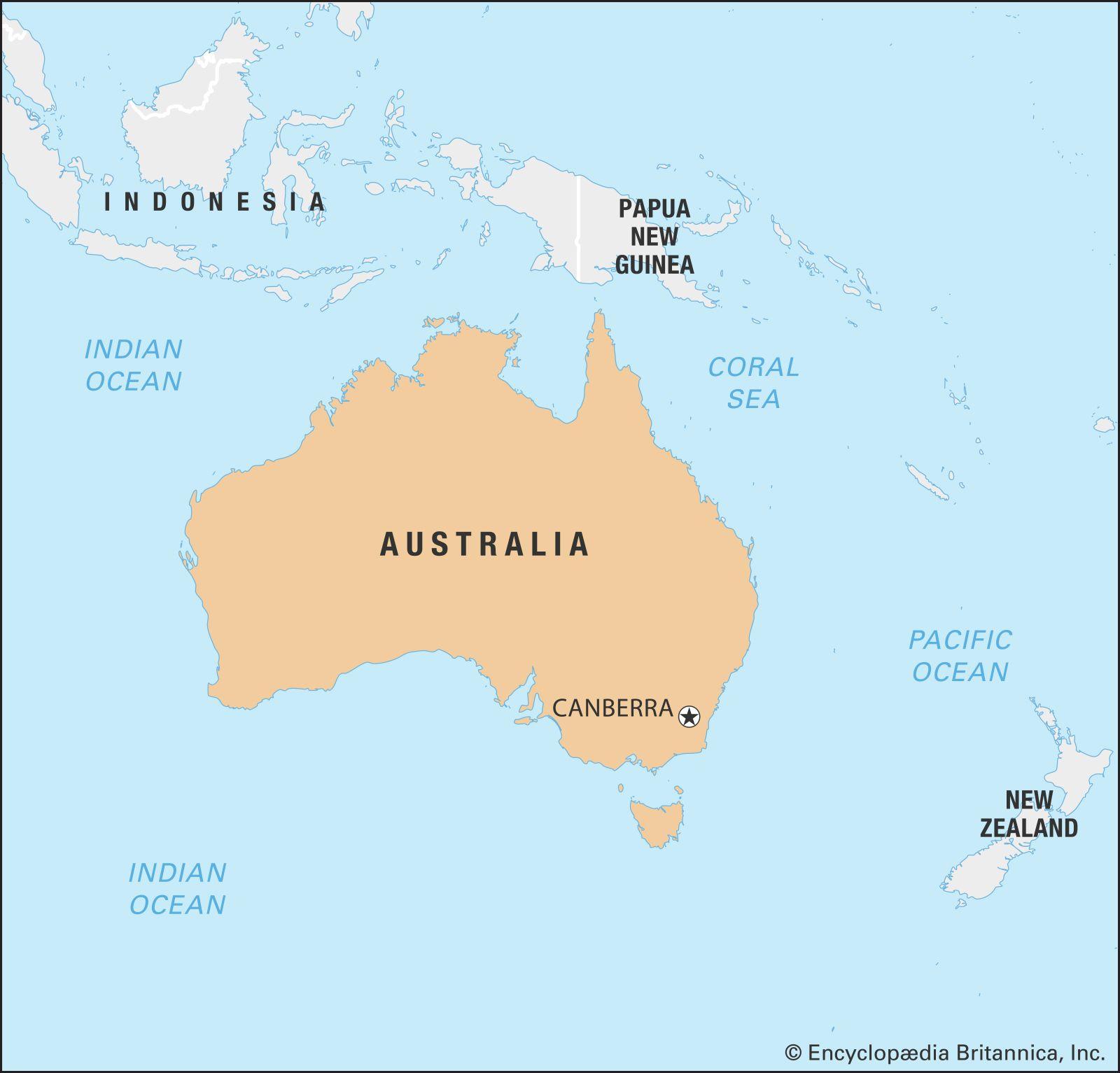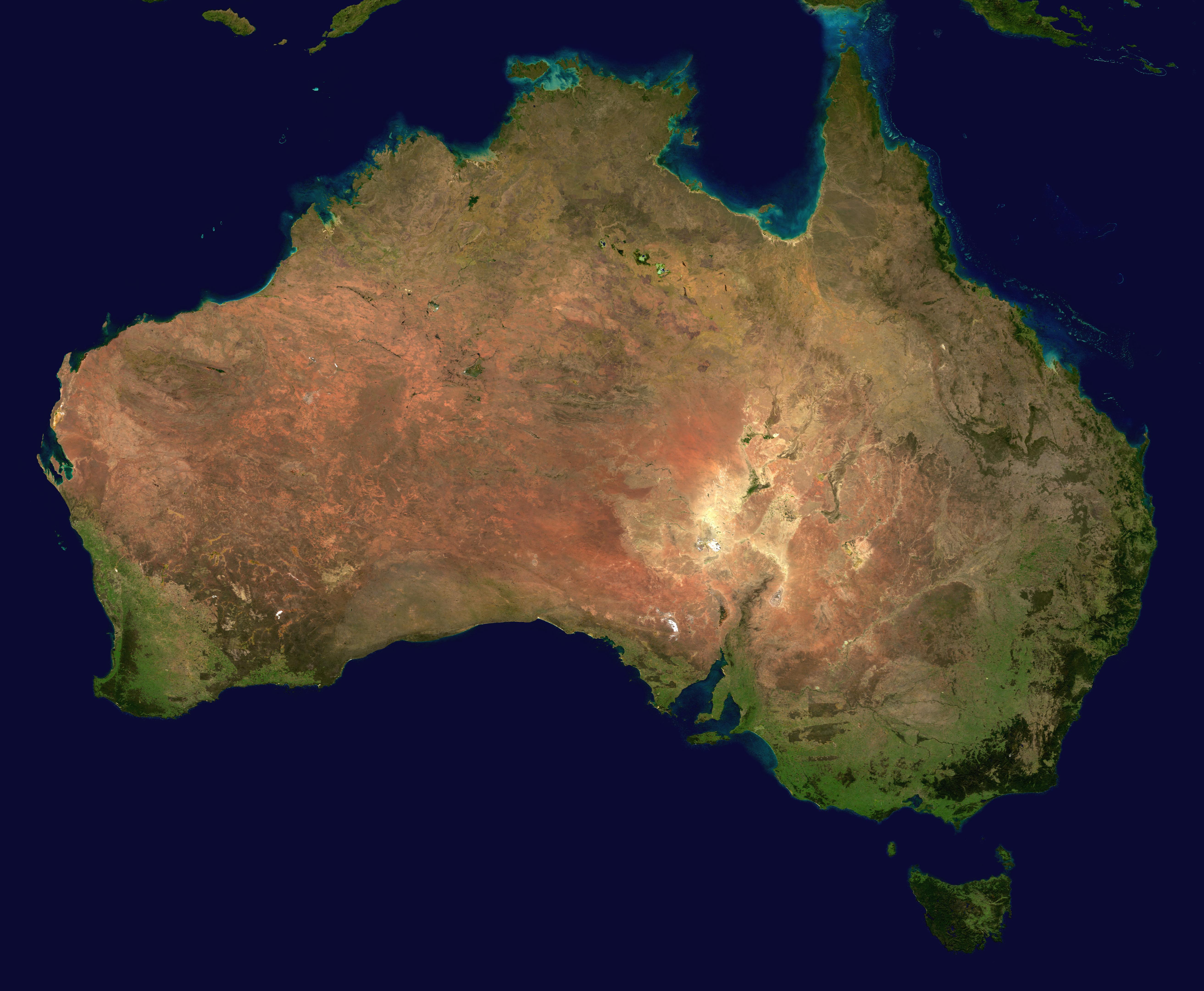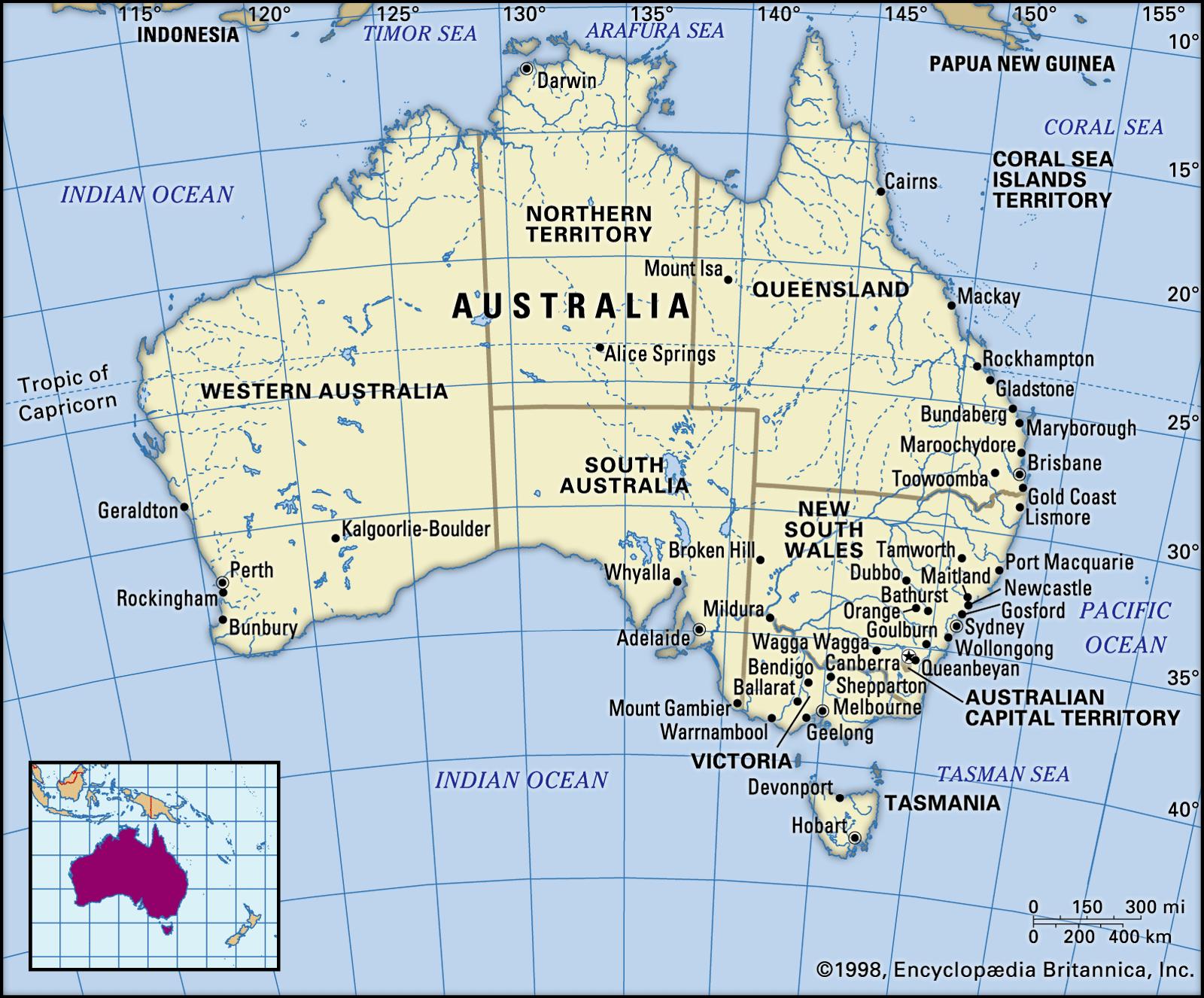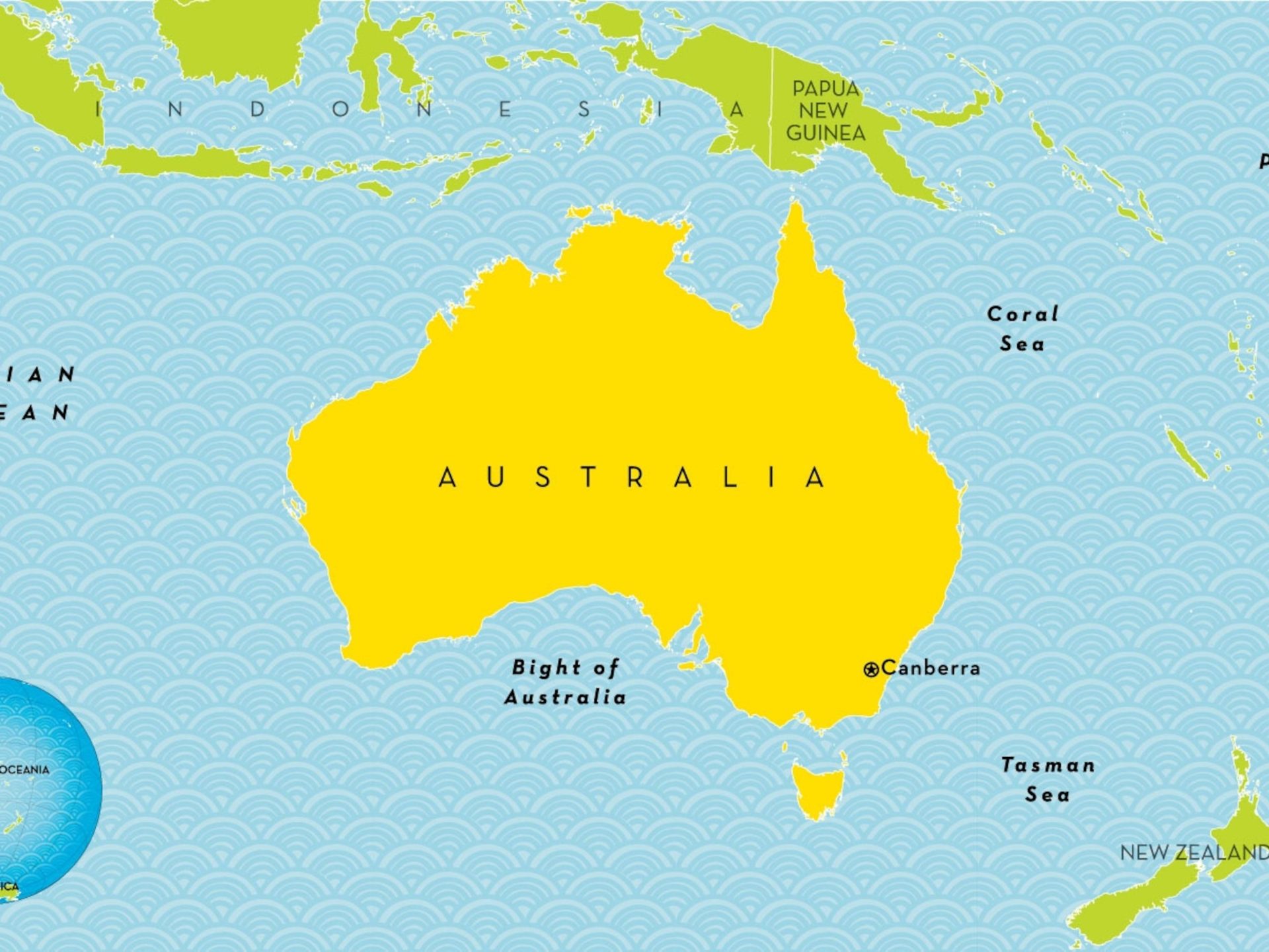Australias Landmark Decision on Social Media Use Among Youth
In a bold move that could reshape the digital landscape for younger Australians, the government has enacted legislation prohibiting social media access for individuals under the age of 16. This landmark decision stems from growing concerns over mental health, privacy, and the effects of online interactions on youth development. Advocates argue that the ban addresses the alarming increase in issues such as cyberbullying and social anxiety, which have been exacerbated by the pervasive use of technology. Key reasons driving this decision include:
- Protecting Mental Health: Studies indicate that excessive social media use correlates with increased anxiety, depression, and body image issues among adolescents.
- Enhancing Privacy: The legislation aims to safeguard the personal data of youth, mitigating the risks associated with data exploitation by social media platforms.
- Encouraging Real-World Interactions: By limiting digital engagement, the government hopes to foster more face-to-face connections and physical activities among young people.
While the decision has garnered significant public support, it has also sparked heated debate among policymakers, parents, and tech industry leaders. Critics argue that such a restrictive measure might infringe on personal freedoms and hamper youths’ ability to utilize social platforms for educational and social purposes. Many advocates for youth rights are calling for alternative approaches, such as enhanced digital literacy programs and age-appropriate content regulations, rather than an outright ban. The unfolding discussion underscores the delicate balance between safety and freedom in an increasingly digital world.

Understanding the Implications of the Age-Restricted Ban
The recent decision by Australian authorities to impose an age-restricted ban on social media for anyone under 16 represents a significant shift in the landscape of digital engagement for younger Australians. As parents and guardians grapple with the implications of this legislation, it becomes crucial to consider the potential repercussions for both children and their families. While proponents argue that the ban aims to safeguard mental health and foster safe online environments, critics raise concerns regarding the infringement on youth digital freedom and social connectivity. The nuanced debate around this issue uncovers a variety of perspectives, highlighting the complexities of balancing safety and independence in an increasingly digital society.
This age-restricted ban could lead to several key consequences, including:
- Increased Isolation: With restricted access to social networks, teenagers may experience feelings of isolation, missing out on vital social interactions that help them navigate their formative years.
- Shifts to Alternative Platforms: Young users might migrate to less regulated platforms, potentially exposing them to greater risks without the protective measures that established social media sites offer.
- Parental Challenges: Families will need to adapt to new dynamics where communication about internet usage becomes paramount, raising questions about trust and privacy.
- Economic Implications: Businesses that rely on teenage engagement may suffer, prompting a reevaluation of their marketing strategies and outreach initiatives.

Expert Opinions on Protecting Young Users in the Digital Age
In light of Australia’s groundbreaking decision to ban social media for users under the age of 16, experts in child psychology and digital safety are weighing in on the implications of such a policy. Dr. Emily Parker, a leading child psychologist, argues that “this ban sends a clear message about the seriousness of online safety and the need to protect our children from harmful content.” According to Dr. Parker, there is mounting evidence linking excessive social media use among young people to anxiety, depression, and a distorted self-image. By restricting access, Australia is taking proactive steps to shield vulnerable youth during their formative years.
Cybersecurity analyst Richard Gomez emphasizes that legislation alone cannot guarantee safety. He advocates for comprehensive digital literacy programs in schools, suggesting the following strategies to enhance young users’ understanding and resilience:
- Parental Engagement: Encouraging open dialogues between parents and children about online experiences.
- Educational Workshops: Implementing regular workshops that equip students with skills to navigate the digital landscape safely.
- Safe Online Practices: Teaching kids about privacy settings, reporting mechanisms, and recognizing cyberbullying.
Gomez believes that only through a combination of informed legislation and education can society effectively safeguard the younger generation in an increasingly digitized world.

Strategies for Parents in Light of the New Social Media Regulations
With the recent ban on social media for individuals under 16 in Australia, parents are faced with a unique challenge that requires strategic navigation through this evolving digital landscape. It’s essential for guardians to engage in open conversations with their children about the implications of these regulations. Parents should consider the following approaches to foster understanding and compliance while also addressing their children’s emotional needs:
- Encourage Open Dialogue: Create an atmosphere where children feel comfortable discussing their feelings about the ban, helping them process the changes together.
- Offer Alternatives: Suggest different enjoyable activities that do not involve screen time, such as sports, arts, or reading, to promote a balanced lifestyle.
- Educate on Digital Literacy: Take this opportunity to teach children about the realities of digital platforms, including risks and the importance of responsible internet use.
In addition to fostering communication, parents can play an active role in establishing healthy digital habits at home. Utilizing parental control software and monitoring online behavior—as permitted by regulations—can facilitate this process while respecting privacy. Consider these strategies to reinforce positive engagement with technology:
- Set Boundaries: Clearly define when and how technology can be used within the home, allowing for family time free from screens.
- Be a Role Model: Exhibit healthy tech habits yourself; children are more likely to emulate the behavior they see.
- Involve Children in Decision-Making: Let them have a say in their tech use within the guidelines, fostering a sense of ownership and responsibility.
